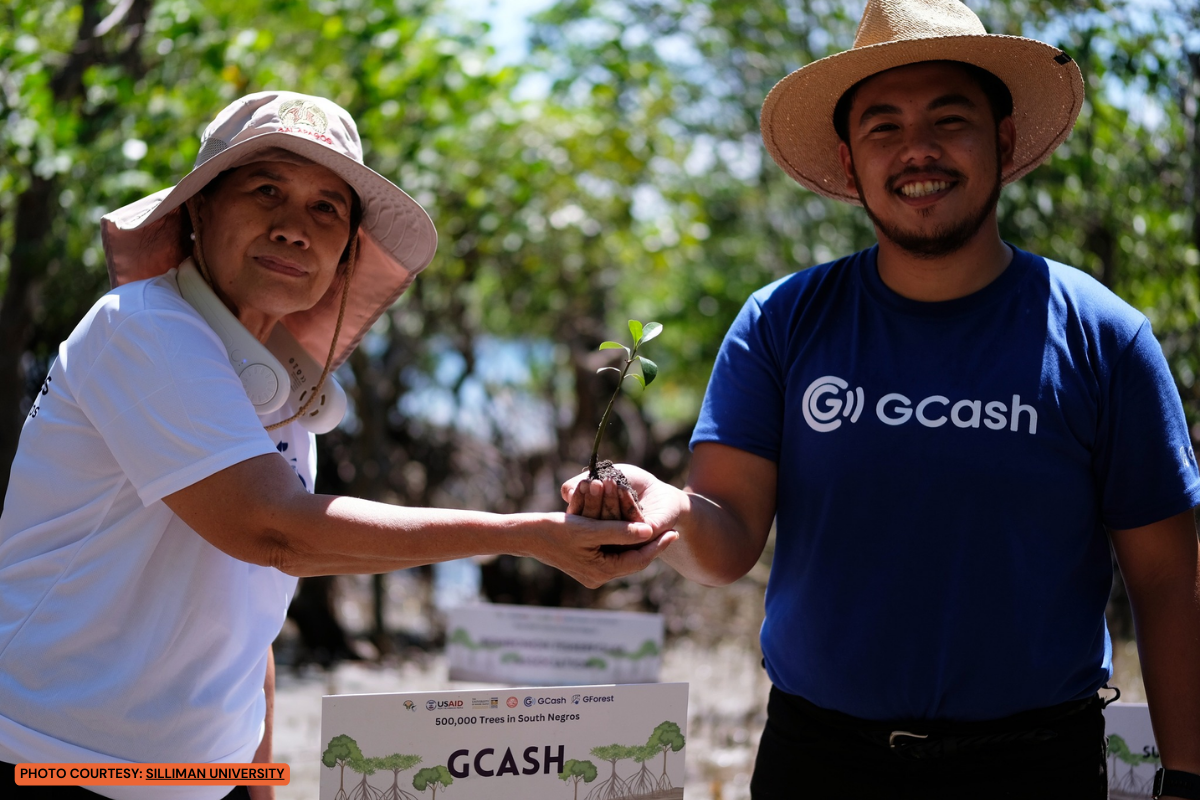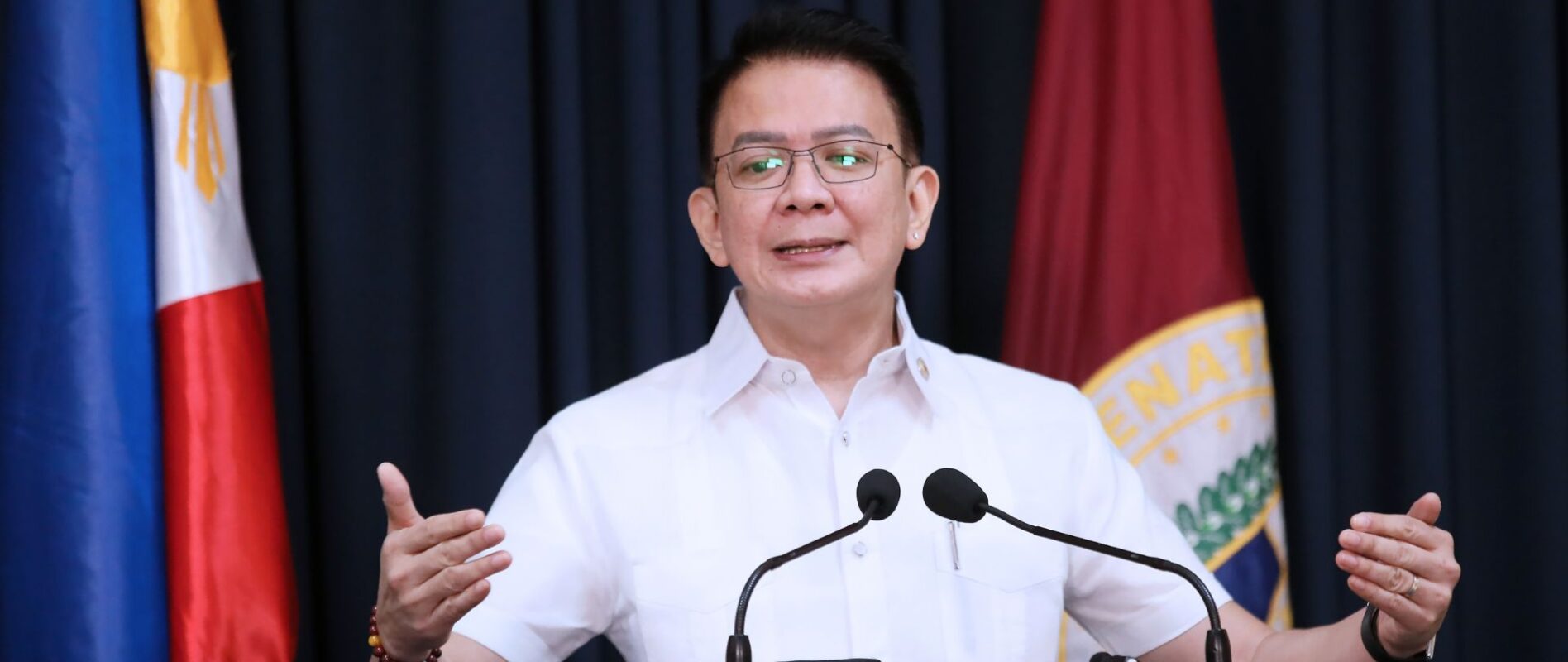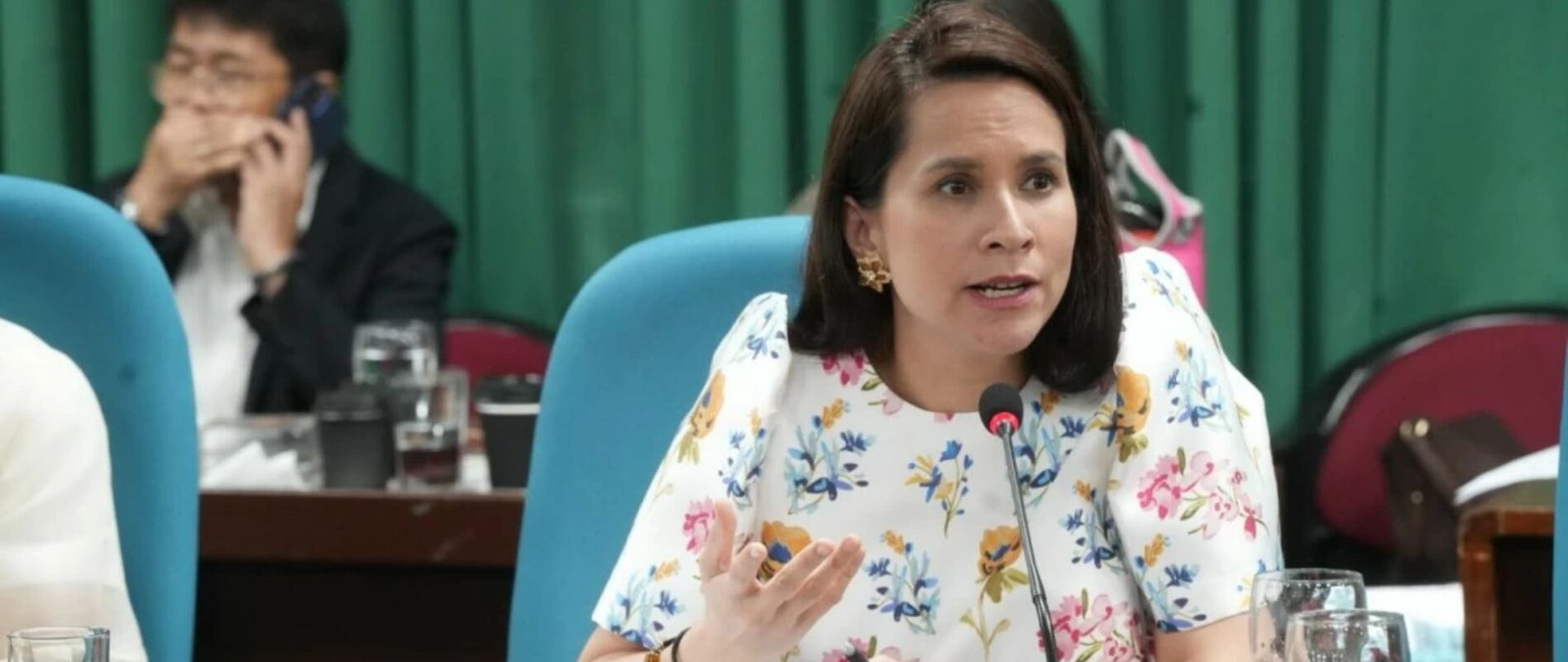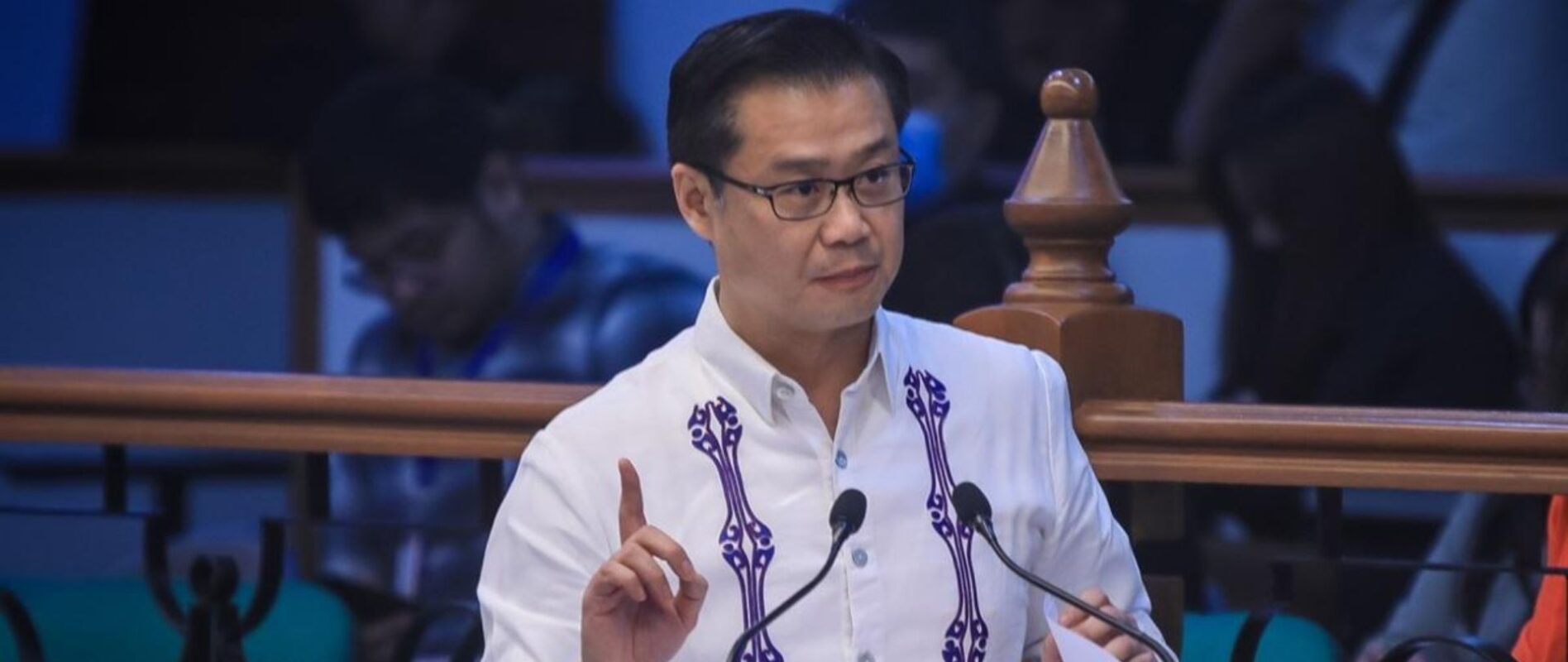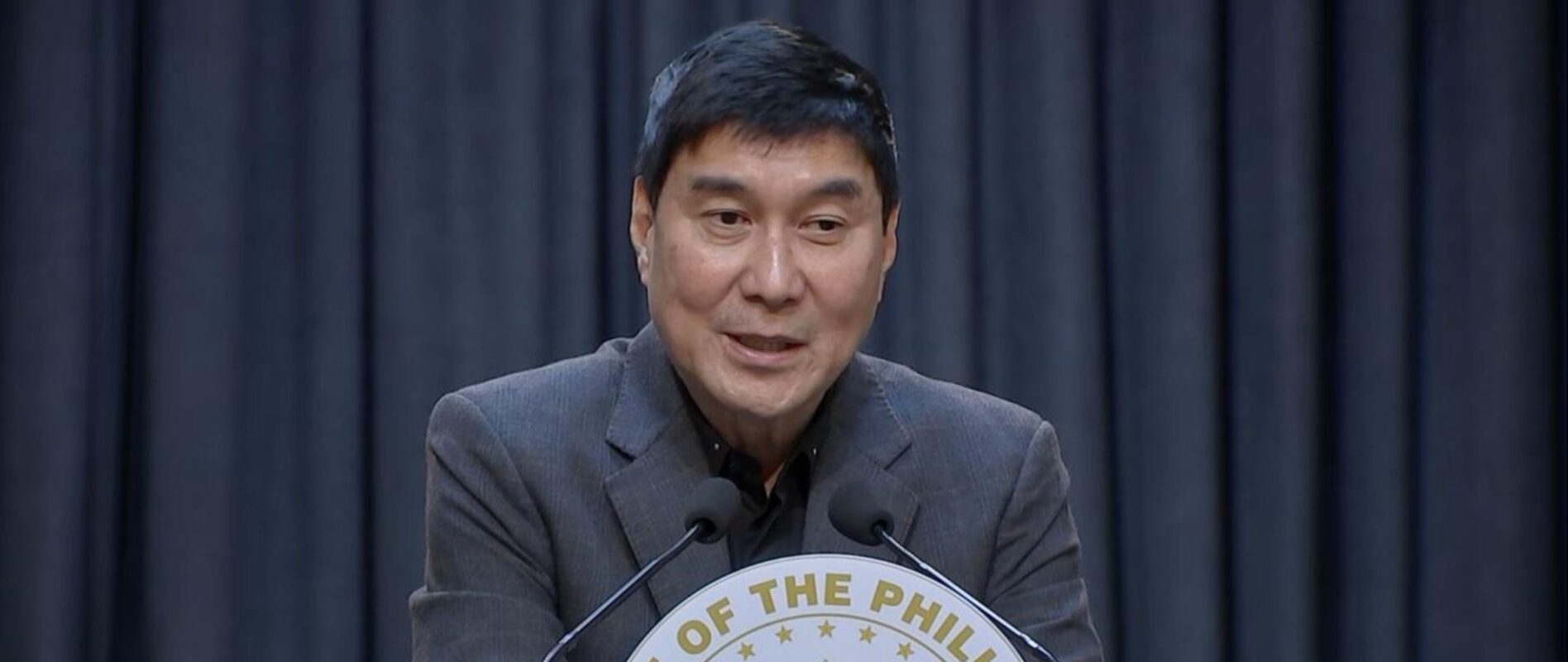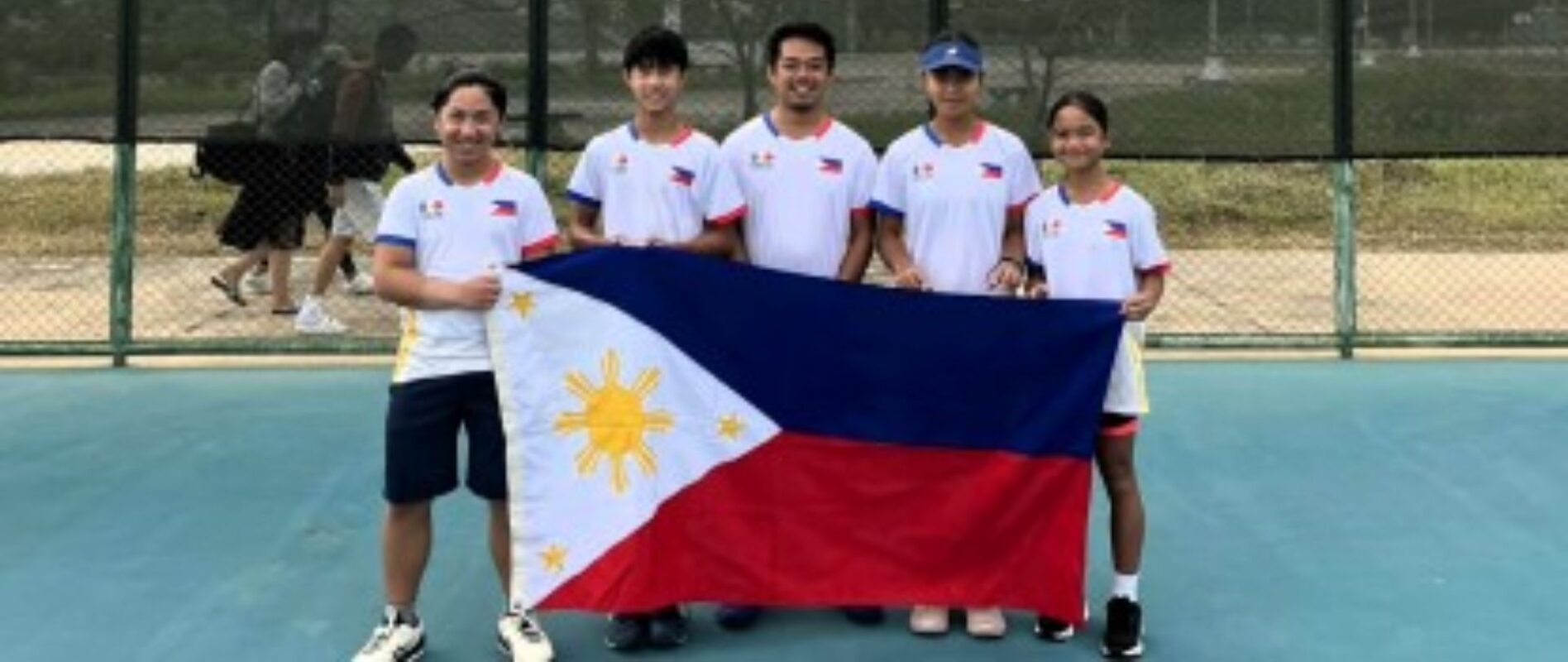SILLIMAN U PARTNERS WITH GCASH AND USAID TO PLANT 500K MANGROVE TREES
THE SILLIMAN University recently signed a partnership agreement with GCash and the United States International Agency for Development to plant 500,000 mangrove trees in Negros Oriental.
A ceremonial signing and mangrove planting activity were held in Lutoban, Zamboanguita, Negros Oriental to formalize the collaboration.
The partnership aims to fight climate change and support biodiversity.
The mangrove trees will be planted in 78 hectares of mangrove and beach forests in five towns—Zamboanguita, Siaton, Sta. Catalina, Bayawan and Basay.
Dr. Hilconida Calumpong, Ecosystems Services, Resilience, and Fisheries specialist and operations coordinator for the USAID Fish Right Program, said mangrove ecosystems are important to achieve climate resilience and food security.
“Mangroves are important ecosystems that support climate change mitigation by storing large amounts of carbon, and climate change adaptation, by protecting coastlines from typhoons,” Calumpong said.
“Healthy mangrove systems are also closely tied to livelihoods especially for coastal communities, because mangroves serve as nurseries for fish stocks,” she added.
USAID Fish Right Program chief of party Dr. Nygiel Armada said the partnership aims to restore mangrove forests in the selected LGUs.
“As we hand over the initiatives that have been started under the (USAID Fish Right) Program to our partners, we are starting a new chapter in our journey of sustainability in South Negros,” he said.
“Planting half a million trees is a good way to start this new chapter. We are very grateful to have facilitated the establishment of this collaboration between one of our consortium partners, Silliman University, and GCash,” he added.
Through mangroves, the project aims to sequester 117,000 tons of carbon in five years.
The collabaration will also support local communities through the project by providing training on conservation and management of selected mangrove forests and through cash-for-work assistance.
Through the Institute of Environmental and Marine Sciences, SU will manage the project and will be implemented by people’s organizations accredited by their respective local government units, under the supervision of the LGU.
“(The University) will also provide technical training and social preparation to (the people’s organizations),” Calumpong said.
“In addition, SU will conduct research to determine the carbon storage capacity of 1, 2, 3, 4 and 5-year-old plantings of all species used in this reforestation project and the carbon stored in the soil where they are planted,” she added.
Moreover, SU will conduct baseline studies on the socio-economic profile of the communities engaged in the reforestation project, and an impact study of the project on the income of community implementers.
For GCash’s part, they will support the program through seedling collection, nursery establishment, out planting, monitoring, and capacity building on the digital collection of user fees.
“We at GCash are committed to support the reforestation of South Negros through GForest, in partnership with Silliman University. We continuously work with various credible international and local partners who are following a science-based approach,” Charles Joshua Alegre, GCash head of sustainability, said.
Around 200 participants joined the launch, including local and provincial government unit representatives; various groups such as fisherfolk associations and women’s groups; students of the SU Institute of Environmental and Marine Sciences; representatives from national government agencies like Department of Labor and Employment and Department of Environment and Natural Resources; and the non-profit organization Voice of the Free
Foundation.
SU joined the USAID Fish Right Program in 2019 as one of its implementing partner institutions to establish and strengthen sustainable fishing in South Negros.

